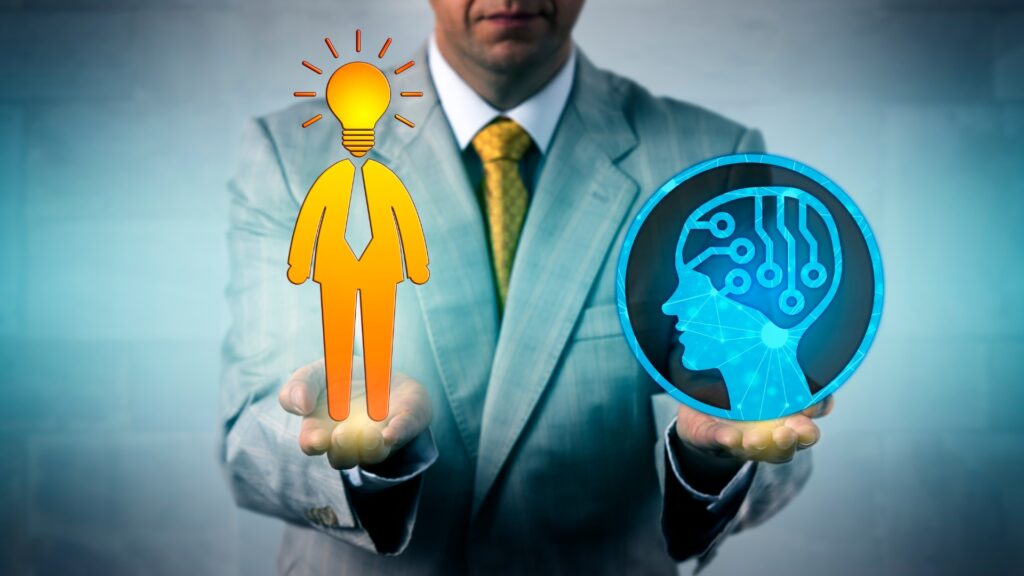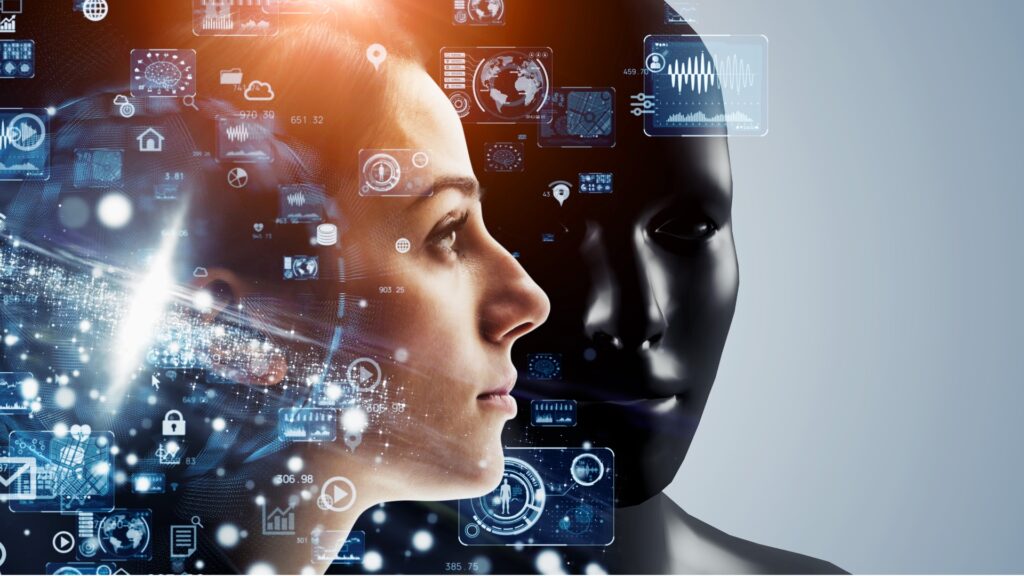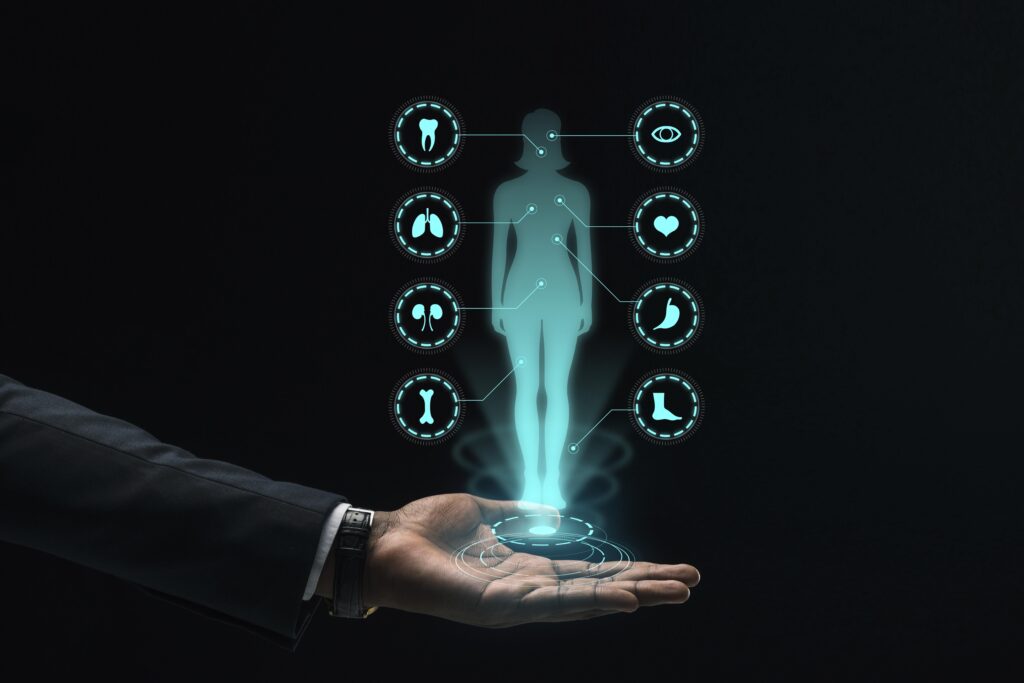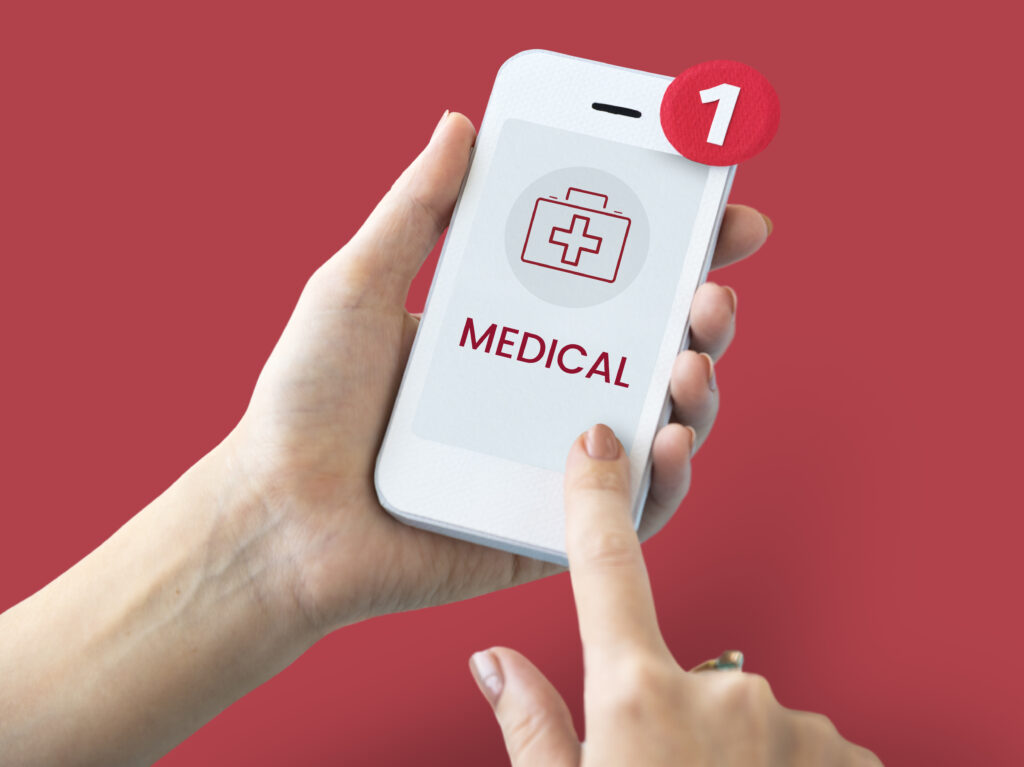
One of the most widely used technologies in the world is Artificial Intelligence (AI) and Machine Learning (ML). The first time when AI applications were used in the field of healthcare was in 1970, since then there is no looking back. There are different powered applications developed to alter the healthcare thereby enhancing patient outcomings and raising overall productivity.
The market of machine learning and AI for healthcare is several billion dollars and is expected to raise in upcoming years. With AI’s continuous development, healthcare is in revolutionary change with the new advancement in disease detection, medication discovery, and tailored therapy.
Top 5 areas of impact of Machine Learning and AI in healthcare:
Data Science in Healthcare includes machine learning and artificial intelligence that impacted the industry of healthcare by assisting in medical imaging, drug discovery, disease prevention, clinical research, and clinical decision support.
- Drug Discovery and Production: AI and Machine learning in healthcare institutions are responsible for drug discovery and development. ML algorithms can help to counter diseases. For example, Xtalpi, Massachusetts, combines AI and quantum physics, and cloud computing on its ID4 platform to design drugs.
- Diagnostics: Machine Learning and AI in healthcare have a major impact on the diagnostics vertical. The algorithms are used to analyze medical images of CT Scans, MRI images, X-rays, etc to identify some of the major diseases such as cancer. Besides ML algorithms, AI is beneficial in studying and knowing about the genetic mutations which tell that if there are chances of developing the disease from ancestors.
- Personalized Machine: There are some conditions that need to be treated simultaneously. Tough and complementary decisions must be taken for an effective treatment plant in order to minimize the side effects of all the issues, AI and ML healthcare becomes essentially indispensable in such a scenario. For example, the Cleveland Clinic in Ohio uses AI to
- Clinical Research: One of the most time-consuming and expensive operations is clinical research. In clinical research, sometimes there are circumstances in which the solution should be made as soon as possible. For example, during the time of the COVID-19 pandemic in 2019 or the Spanish Flu in 1918, information about a potential outbreak becomes the need of the hour. In such scenarios, different machine learning algorithms have been proven significantly, vital in gathering information at a large scale.
- Disease Prevention, Outbreak, and Monitoring: One of the other areas of impact of machine learning and AI for healthcare is disease prevention, monitoring, and potential outbreaks. By analyzing certain data of different patients, one can identify risk factors and help in doctor intervention before symptoms appear. Machine Learning can help in predicting diseases such as developing diabetes and provide personalized recommendations for diet and exercise in order to prevent disease.
Top Applications of Machine Learning and AI in the Healthcare Industry:
- Predictive Analysis: In the case of predictive analysis of medical data it is one of the other common applications of machine learning for healthcare. AI and ML algorithms can be used to analyze different trends and patterns in future events.
- Clinical Trial Optimization: AI and ML in healthcare can be used for clinical trials. Traditional clinical studies can take years to complete, much money and effort, and lots of manual efforts. Machine learning can also be used to determine real-time monitoring and data access for trial participants and harness the power to reduce errors.
- Improved Radiology: Radiology is known to be one of the fields where AI and machine learning are mostly in demand. Diagnosing and identifying certain factors in diseases such as cancer may be complicated, but in order to simulate the locations in an accurate manner, AI and ML help.
- Medical Imaging Diagnosis: With the advancement of technologies in healthcare using newer medical devices such as MRIs and CT scans. Machine Learning and AI help in assessing the complications uncovered by medical imaging. AI could help in identifying cardiovascular issues such as left atrial enlargement or automate tasks like aortic valve analysis, carina angle management, and pulmonary artery diameter.
- Genome Sequencing: Genomics is known to be a branch of molecular biology that caters to genomes structures, functions, evolution, and mapping. Machine Learning and Artificial Intelligence have played a major role of importance in genomics and genome sequencing as they helped in accelerating the pace of scientific discovery. They further helped in identifying the differences between genome variants and developing new drugs and therapies that are entirely based on genomic data.
- Electronic Health Records: Electronic Health Records refer to the electronic version of a patient’s medical records that are kept up to date by the healthcare provides. Maintaining records of medical history is one of the most standard machine learning and AI for healthcare use cases as these technologies help in managing and analyzing medical data in order to give better insights into the patient’s condition.
- Robotic Surgery: Surgery is a life-saving process. In order to guide surgeons in this highly sensitive process, machine learning and AI for healthcare have enabled the medical field to develop and use collaborative robots in the process. They use the depth and speed of robot movements as they are especially well-suited for treatments that require the same repetitive moments.
- Precision Medicine: In the modern world, precision medicine refers to certain medical treatments that have been made for certain people or groups in order to maximize effectiveness. AI plays a major role of importance in precision medicine by analyzing large amounts of complex data in order to identify patterns and associations linked to treatment decisions.
Conclusion
Applying machine learning and AI in healthcare is important. In order to speed up the development of cures and treatments, a better diagnosis and individualized care can help patients to recover in a better manner. Application of ML and AL in healthcare can speed up the development of novel treatments and therapies for patients thereby, blooming up healthcare innovations, improving patient care, and saving more lives of the patients.



